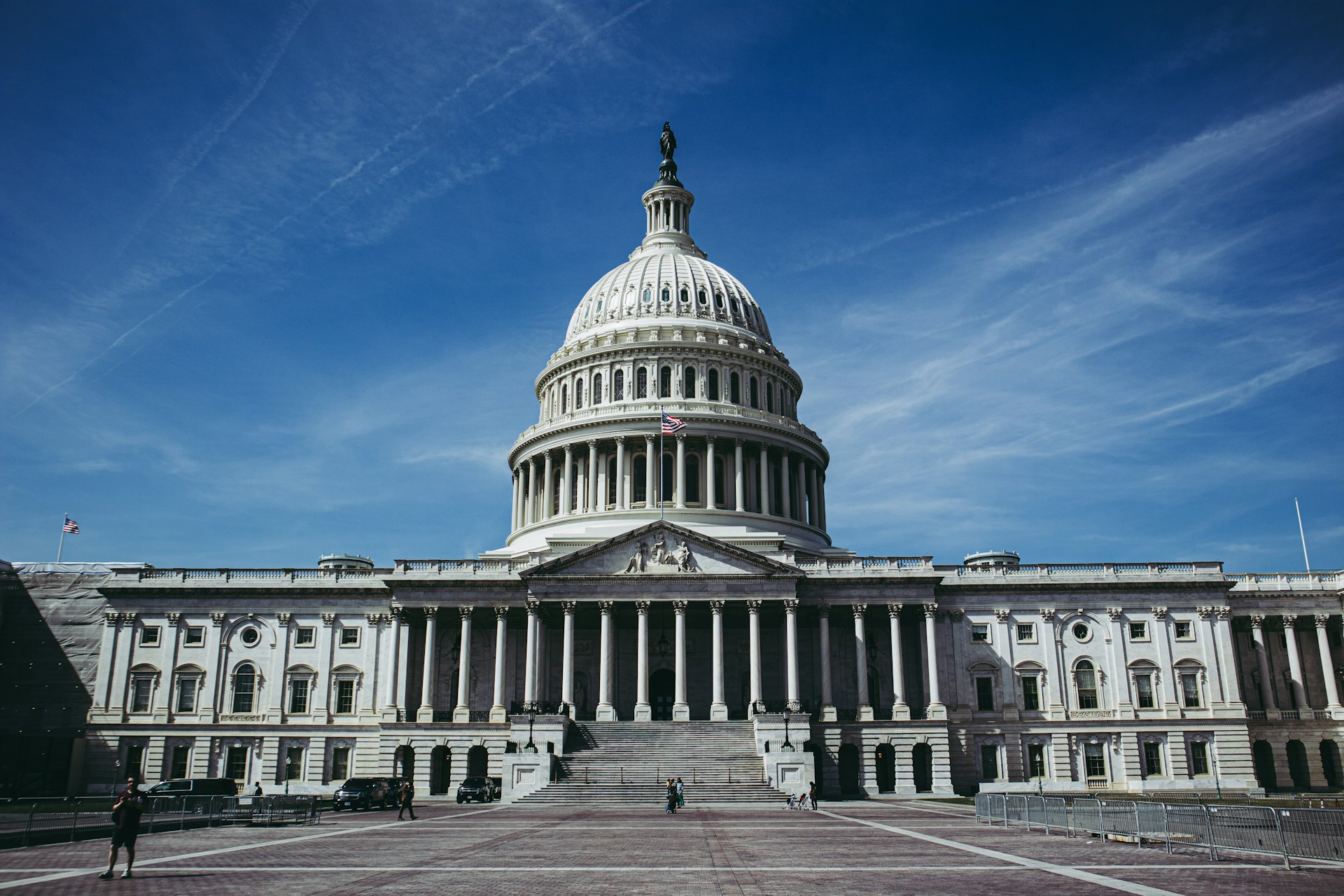View/Download this article in PDF format.
The 2000 wildfire season was one of the most severe the nation has seen in decades and the most costly ever. To battle these blazes, federal taxpayers spent more than $1 billion and more than 27,000 firefighters put their lives on the line. Even so, hundreds of families lost their homes, and businesses dependent upon tourism lost hundreds of millions of dollars.
As the steward of more than 192 million acres of federal land, the Forest Service has an unrivaled responsibility for managing and preventing severe wildfires. Unfortunately, the Forest Service has wasted or mismanaged too many taxpayer dollars on ineffective or low-priority efforts. Even though the Forest Service has been fighting fires for over nine decades, the threat of catastrophic wildfires has dramatically increased. Meanwhile, Congressional funding priorities have made the problem worse. While Congress gives a blank check for firefighting, it under-funds proven, cost-effective fire prevention strategies. Also, the agency’s commercial timber program can contribute to the risk and severity of wildfire in the National Forests, yet Congress devotes nearly one-third of the Forest Service’s entire budget to this wasteful program.
There are 39 million acres of National Forest lands that are at high risk of catastrophic wildfire. In October 2000, Congress appropriated $2 billion to deal with the problem, but taxpayer money will only make a difference if it is intelligently applied through a reformed program. In the past, the Forest Service has not kept promises to reform the wildfire program. After 1994’s record fire year, the Forest Service pledged reforms as part of an overall strategy to accept wildfire as natural and focus agency efforts where they could make a difference. Five years later, little progress has been made toward these objectives.
In January 2001, the new Administration and Congress took their oaths of office. Unless they take action, next year’s fire season could be just as costly and destructive as 2000’s. Taxpayers for Common Sense calls on the new Administration and the 107th Congress to act immediately to reform the agency’s misguided fire program.
If these leaders fail to act, then homeowners, firefighters, and taxpayers will suffer as future wildfire seasons become more dangerous, costly, and destructive.











Get Social